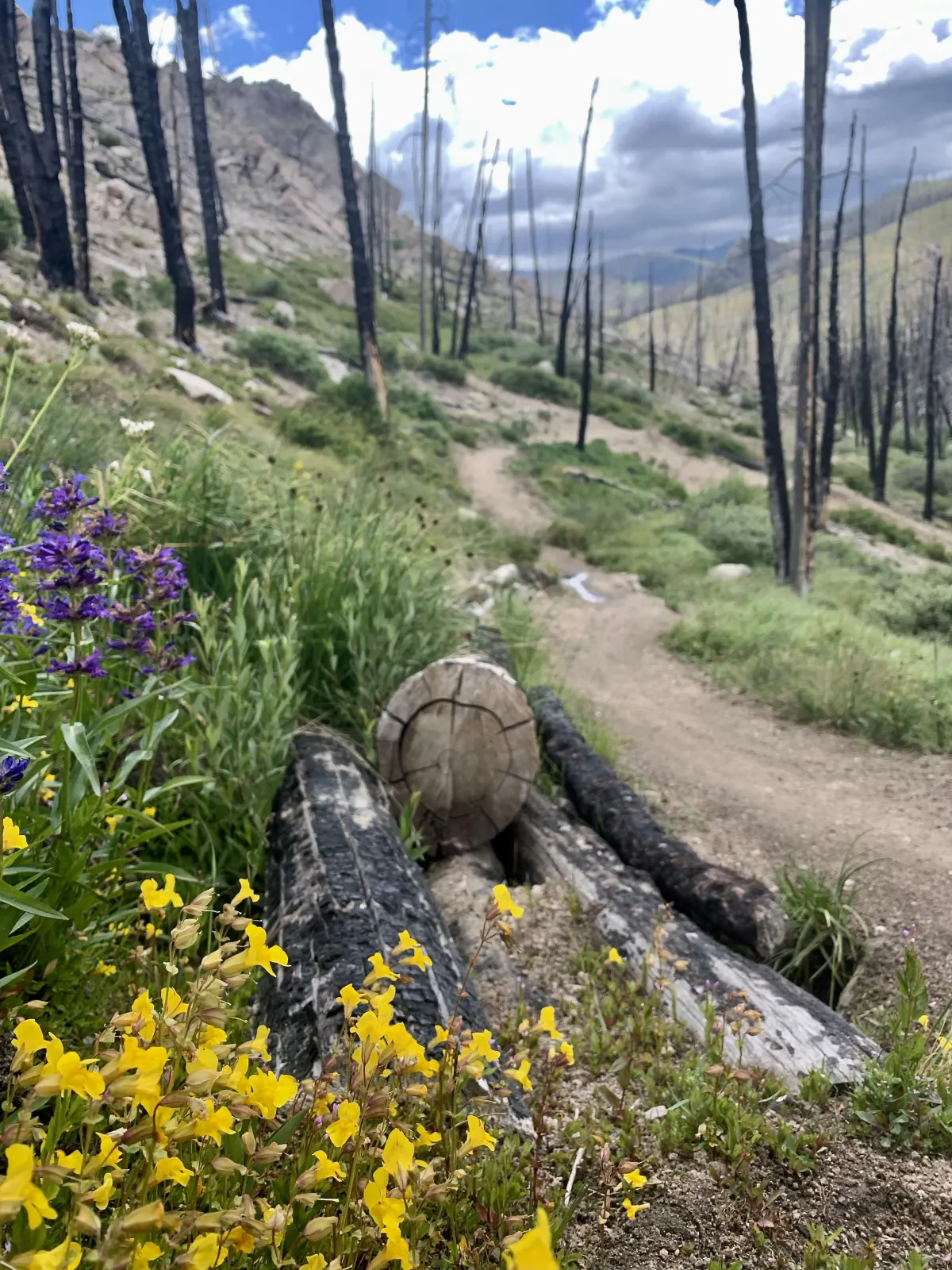
Climate change is a far reaching issue with local implications.
Due to the complex, global nature of the causes of climate change, understanding it's immediate impact and knowing how to take action can be daunting at best.
The Coeur d’Alene Climate Adaptation Project (CCAP) report by the KEA’s Climate Action Team focuses on our hometown and the impact that climate change is having right here and now.
Our report includes historical data and future projections to quantify climate change’s impact on our temperature, rain and snow, and wildfire risk and how these changes impact our health and our lake’s health.
"One of the biggest obstacles to making a start on climate change is that it has become a cliche before it has even been understood."
Tim Flannery
The CCAP addresses:
Local temperature - past, present and future.
Rain and snow levels -past, present and future.
Wildfire risk.
Lake and stream impacts.
Public health impacts.
Economic impacts.
How to take action individually and on a community level.

The Coeur d'Alene Climate Adaptation Project report is an extensive, 47 page report created by a volunteer group of Coeur d’Alene residents to quantify the impact climate change has and will continue to have on our community. In addition to providing locally specific data, the report also recommends ways to reduce these impacts.
With the help of the Pacific Northwest Climate Impacts Research Consortium (CIRC), the group used the Climate Toolbox1, a suite of online climate science tools and related datasets to investigate the impacts of climate change on our region. Included are historic and future changes in temperature, rain and snow, drought, wildfire risk, and subsequent impacts on the health of Coeur d’Alene residents, Coeur d’Alene Lake, and the many other lakes, streams, forests, and croplands that are the cultural and economic heart of our region.
These changes are presented in a manner that will resonate with our community and spur action to mitigate the impact of these changes on our communities’ health and well-being. Included are historical and current photographs of Coeur d’Alene, as well as observations from long time residents.
The CIRC is a team of climate and social science researchers that help local communities become more resilient to extreme climate and weather impacts. CIRC is publicly funded through the National Oceanic and Atmospheric Administration’s (NOAA) Regional Integrated Sciences and Assessments (RISA) program.
The RISA program supports research teams that help expand and build our nation’s capacity to prepare for and adapt to climate variability and change. CIRC members are found at Oregon State University, the University of Idaho, the University of Washington, and the University of Oregon.
“To all of you who choose to look the other way every day because you seem more frightened of the changes that can prevent catastrophic climate change than the catastrophic climate change itself. Your silence is worst of all.”
Greta Thunberg
Web Design: Aspyr Co. Marketing LLC


